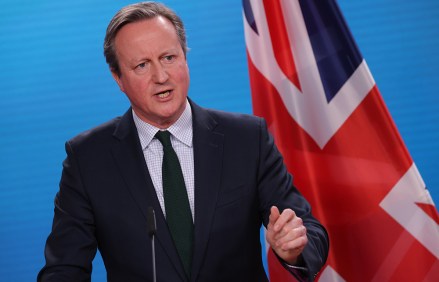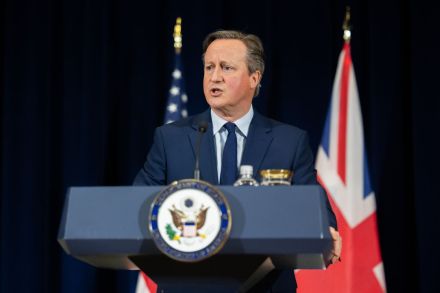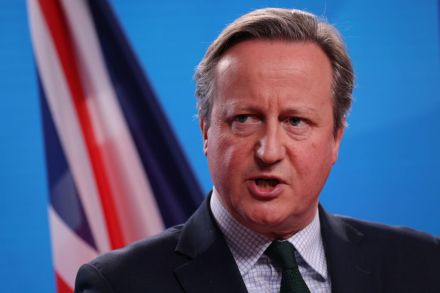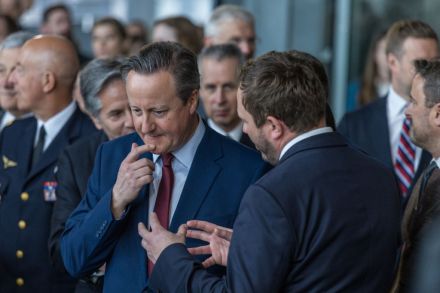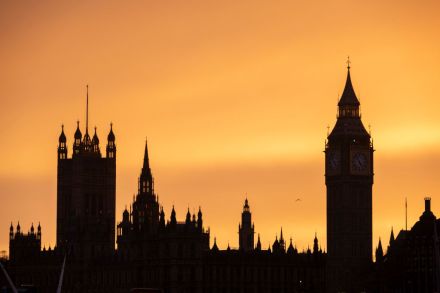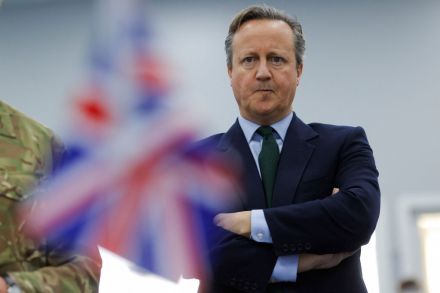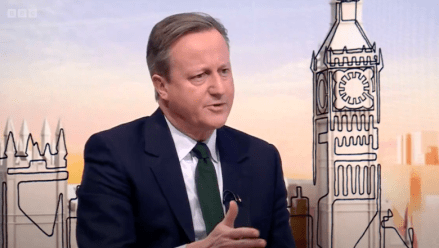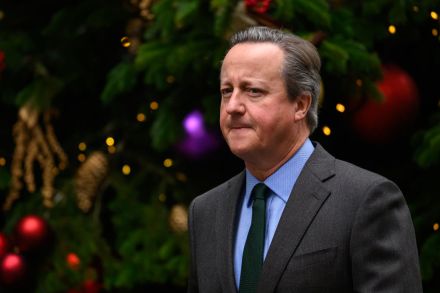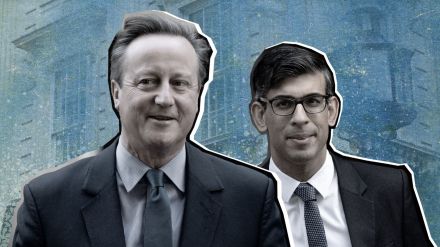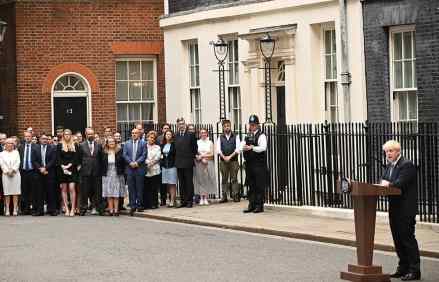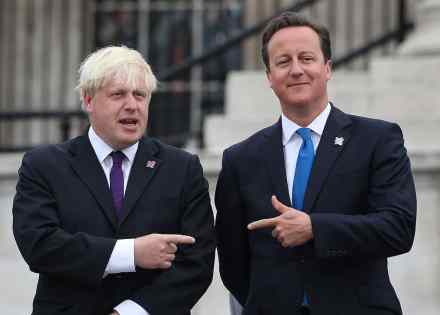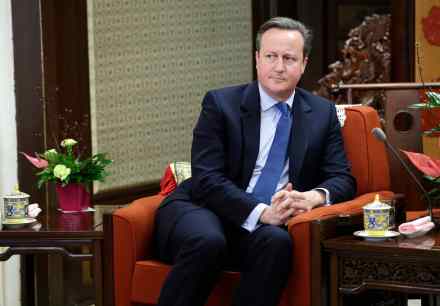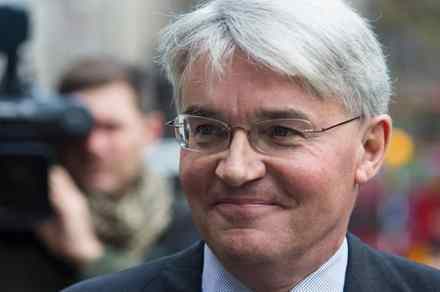Is Cameron upstaging Sunak?
The logic behind Rishi Sunak’s decision to make David Cameron foreign secretary was that he would be a ‘big beast’ on the world stage and wouldn’t need much instruction. Six months on, that plan is going reasonably well, insofar as Cameron appears to be setting his own agenda. It also means he’s making his own mistakes. In February, his foray into US politics misfired when, in an article for the website the Hill, he appeared to lecture Americans about support for Ukraine, telling them not to show the ‘weakness displayed against Hitler’. A key Donald Trump ally, Marjorie Taylor Greene, responded that ‘David Cameron can kiss my ass’. This week,
